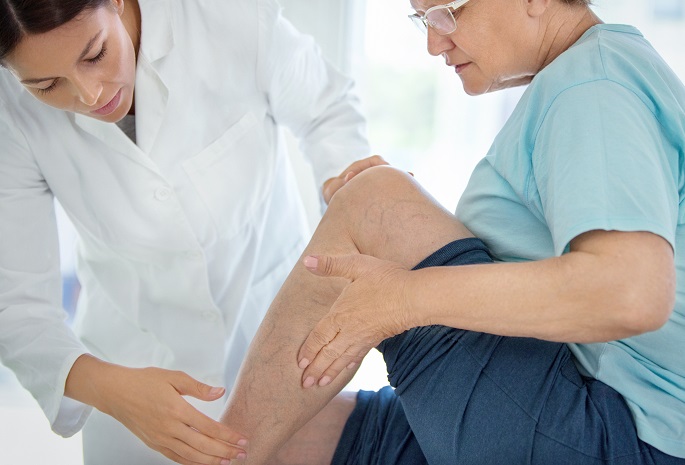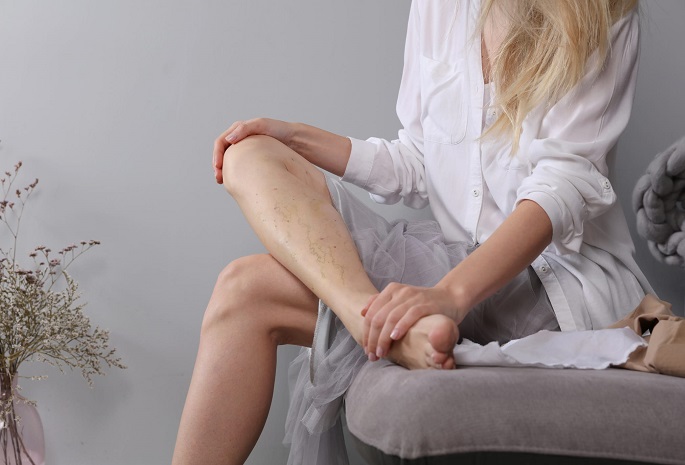If You See Them, We Can Treat Them
Vein issues are incredibly common — it’s estimated that between 20 to 25 million Americans are dealing with varicose veins. And, while they are more common in women, men can get them, too.
So how can you tell if you are dealing with spider veins or varicose veins?
If the veins are smaller and look like spider webs or tree branches it is likely they are spider veins.
Varicose veins often show up as blue or purple streaks on your legs. Larger veins may bulge or protrude above the surface of the skin or look ropey and twisted. As varicose veins increase in size, it is more likely that you will experience discomfort and other symptoms.
At Emory Vein Center, we treat both spider veins and varicose veins.
Find the Vein Treatment That’s Right for You
In the past, treatment of varicose veins meant surgery and a long recovery. Not anymore. Treatments for spider veins and varicose veins have become much less invasive and more effective making it possible for patients to resume their regular activity quickly.
At Emory Vein Center, we have multiple options for getting rid of spider veins and varicose veins.
Varicose Vein Ablation
A minimally invasive outpatient procedure, varicose vein ablation is an alternative to surgically stripping a vein. Only local anesthesia is needed. The ablation procedures we offer include:
- Radiofrequency ablation (VNUS Closure)
- Endovenous laser treatment (EVLT)
- VenaSeal™ Closure System
- Varithena®
Ambulatory Phlebectomies and Excisions
An ambulatory phlebectomy is an outpatient surgical procedure that removes surface varicose veins. Afterward, you must wear a bandage or compression stocking for a short time.
Sclerotherapy for Spider Veins
During sclerotherapy, a tiny needle injects a solution into the vein that causes it to collapse and be reabsorbed. After sclerotherapy, veins are no longer visible.
Access Leading-Edge Varicose Vein Treatments at Emory
At Emory Vein Center, we’re committed to making spider vein and varicose vein treatment accessible. All of our physicians are board-certified vascular surgeons who are dedicated to finding the proper treatment to heal your unhealthy veins. And with most insurance companies covering the cost of varicose vein treatments, relief is within your reach. Make a resolution that will help you walk confidently into 2022. If you’re interested in getting rid of your spider veins or varicose veins, make an appointment today.




